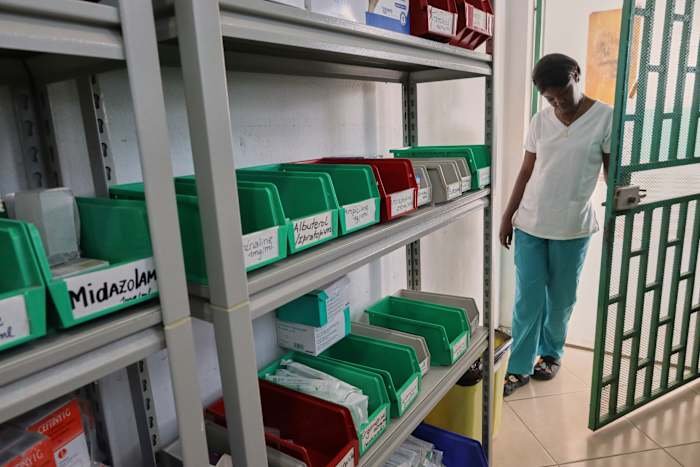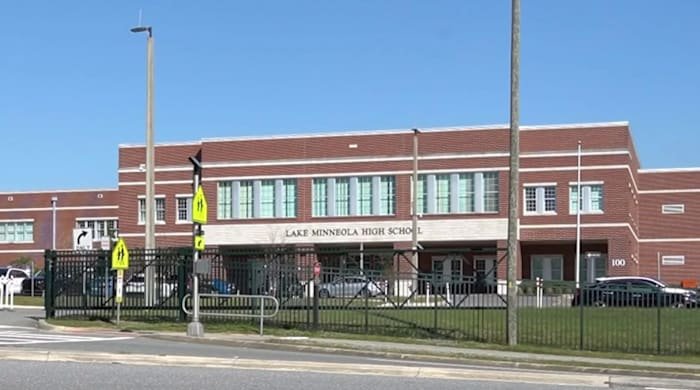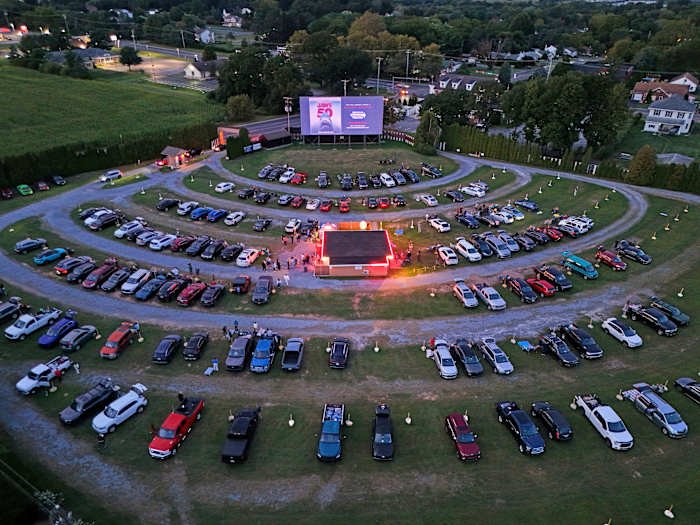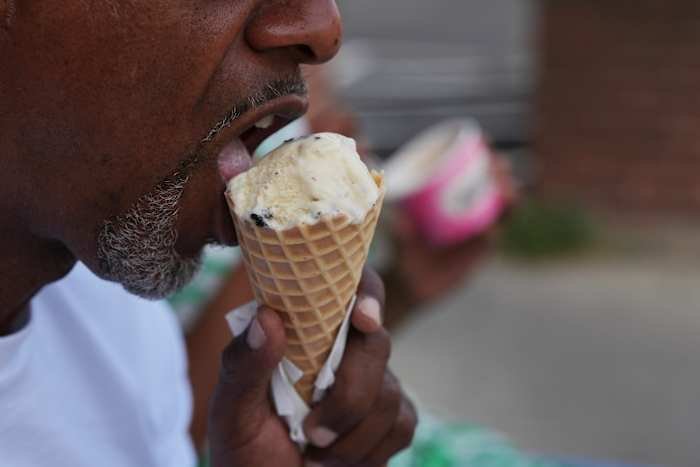Orlando, FL – Across the globe and right here in Central Florida, Haitian communities are speaking out against devastating cuts to HIV/AIDS support programs. Many Haitians living with HIV, both in Haiti and in diaspora hubs like Orlando, are courageously overcoming stigma to publicly denounce funding reductions from the United States Agency for International Development (USAID). These cuts, implemented during the administration of former President Donald Trump, have led to dangerous shortages of life-saving medication, putting vulnerable populations at even greater risk. In a city as diverse as Orlando, the ripple effects are deeply felt, making this an issue that hits close to home for many residents.
The Impact of USAID Cuts on Haitian HIV Programs
USAID has long been a cornerstone of global health support, providing crucial funding for HIV treatment, prevention, and education, especially in resource-limited settings like Haiti. However, in recent years, significant budget reductions have severely curtailed these programs. The Trump administration’s foreign aid policies saw millions of dollars slashed from USAID’s budget, resulting in fewer antiretroviral drugs (ARVs) and reduced access to testing and support services in Haiti.
These cuts have not only affected those living in Haiti but have also sent shockwaves through Haitian diaspora communities, including in Orlando, where many families maintain close ties to loved ones back home. Local HIV advocates note an uptick in anxiety and uncertainty among clients who worry about their relatives’ ability to access necessary medication.
Stigma and the Courage to Speak Out
HIV-related stigma is a persistent challenge in many communities, including among Haitians both in Haiti and in the U.S. For decades, fear of discrimination has kept many people silent about their status. However, the urgency caused by dwindling medication supplies has inspired a new wave of activism. Haitians living with HIV are breaking their silence, sharing their stories in public forums, and calling on governments and agencies to restore funding and support.
Here in Orlando, local Haitian leaders and HIV advocates are holding community forums and information sessions, encouraging those affected to speak up and seek help. “It takes courage to stand up and share your story,” says Marie Jean, a local advocate. “But by raising our voices, we can fight both the stigma and the injustice of these cuts.”
The Human Cost: Medication Shortages and Health Risks
The consequences of reduced USAID funding are stark and immediate. Many clinics in Haiti have reported running out of essential ARVs, forcing patients to ration their medication or go without entirely. Interruptions in treatment not only put individuals’ health at risk but can also lead to drug resistance and increased transmission rates within the community.
Orlando’s Haitian community is not immune to these dangers. Many residents regularly send money and supplies home to support family members, but with medication shortages worsening, the burden is becoming too great for individuals to bear alone. Local health organizations are rallying to provide support where they can, but resources are stretched thin.
Orlando’s Response: Community Support and Advocacy
Despite the challenges, Orlando’s vibrant Haitian community and local health organizations are stepping up. Nonprofits like the Hope & Help Center of Central Florida and the Haitian American Chamber of Commerce of Florida have increased outreach efforts, offering education, HIV testing, and connections to care for those in need. Faith-based groups are also playing a crucial role, providing a safe space for open discussions and mutual support.
Advocates are urging Orlando residents to contact their representatives and demand renewed support for global HIV/AIDS initiatives. “We may be far from Haiti, but the effects of these policies are felt right here in our neighborhoods,” says Dr. Jean-Luc Pierre, a local physician. “Solidarity and advocacy are more important than ever.”
Looking Ahead: Hope Through Community Action
While the challenges are significant, the determination of Haitians living with HIV and their allies in Orlando offers hope for change. By speaking out, raising awareness, and supporting one another, the community is pushing back against both stigma and the fallout from funding cuts. Local organizations are calling on the federal government to restore full funding to USAID’s HIV/AIDS programs and to prioritize the health of vulnerable populations.
As Orlando continues to grow as a diverse and inclusive city, the experiences of its Haitian residents serve as a powerful reminder of the importance of compassion, advocacy, and community support in the fight against HIV/AIDS.
Conclusion: Join the Conversation
The courage shown by Haitians living with HIV—both here in Orlando and abroad—deserves our attention and our action. Have you or your loved ones been impacted by these medication shortages? What more can be done to support affected communities in Central Florida? We invite you to share your thoughts and experiences in the comments below. Your voice can help drive change and support those in need.
















